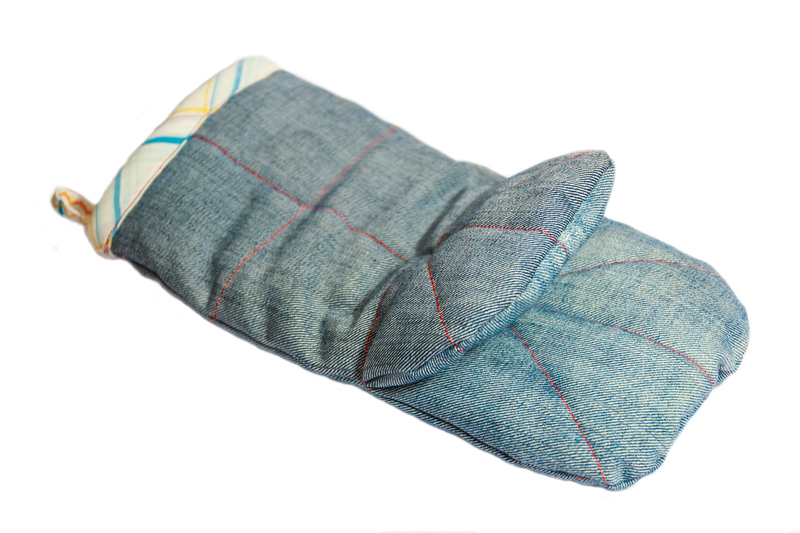
Hard Rubbish Solutions: Expert Disposal Advice
Understanding Hard Rubbish
Hard rubbish refers to those bulky items that accumulate in our homes and are not suitable for regular waste collection. These items can range from old furniture and mattresses to electronic waste and building materials. Proper disposal of these items is crucial for environmental protection and space management at home.
Why Proper Disposal is Important
Disposing of hard rubbish correctly is essential for several reasons:
- Environmental Responsibility: Many of these items can take hundreds of years to decompose, whilst some contain harmful substances that can leach into the soil and waterways.
- Community Health and Safety: Improper disposal can cause hazards, from fire risks to creating breeding grounds for pests.
- Resource Recovery: Many hard rubbish items can be recycled or repurposed, converting waste into valuable resources and reducing the demand for raw materials.
Common Hard Rubbish Items
Here's a closer look at the various items that are typically regarded as hard rubbish:
- Old furniture like sofas, chairs, and tables.
- Large appliances such as refrigerators, washers, and dryers.
- Electronic waste including televisions, computers, and phones.
- Building materials like timber, bricks, and carpet.
Expert Disposal Methods
Kerbside Collection Services
Most local councils offer kerbside collection for hard rubbish items. This service is often included in the local waste management plan and is an excellent solution for convenient disposal. Ensure that you check with your council on acceptable items and the quantity limit per pickup.
Drop-off Facilities
Another reliable method is utilizing waste drop-off centers. Many regions have designated facilities where residents can bring their hard rubbish for a fee or sometimes at no cost. These centers typically sort the waste for recycling or proper disposal.
Private Waste Management Companies
For those preferring a more personalized service, hiring a private waste management company can be an effective solution. These companies cater to specific disposal needs, offer pickup services, and ensure that the items are managed responsibly.
Creative Reuse and Upcycling
Before deciding to dispose of an item, consider whether it can be repurposed or upcycled. Below are some ideas:
- Furniture Revival: Repainting or reupholstering old furniture can give it a new lease of life.
- DIY Projects: Pallets and timber can be creatively transformed into garden furniture or interior decor.
- Donation: If the items are still in good condition, consider donating them to charities or community groups who can find them useful.
Guidelines for Responsible Hard Rubbish Disposal
Sort and Classify
Ensure you sort your hard rubbish items by material type. This makes it easier for waste facilities to process the items and enhances the effectiveness of recycling efforts.
Prepare for Collection
When preparing for kerbside collection or drop-off, dismantle bulky items to save space and ensure they can be easily lifted by waste management teams.
Check Local Regulations
Understanding and adhering to local council regulations regarding hard rubbish disposal is crucial. Each council may have different rules about the types of items collected, frequencies of collection, and any fees involved.
Environmental and Economic Benefits
Proper disposal and recycling of hard rubbish offer significant environmental benefits, including the conservation of natural resources, reduction in greenhouse gas emissions, and minimizing landfill usage. Economically, recycling supports industries and creates jobs, fostering a more sustainable economy.
Conclusion: The Way Forward for Responsible Disposal
By understanding the importance and methods of hard rubbish disposal, individuals can make informed decisions that not only simplify their lives but also contribute positively to the community and environment. Proper disposal is not just about clearing space; it's about fostering a sustainable future.
For more detailed guidelines or specific queries regarding hard rubbish solutions, contacting your local council or a waste management expert is always a wise move. By adopting these practices, we can all play a part in managing waste responsibly.
